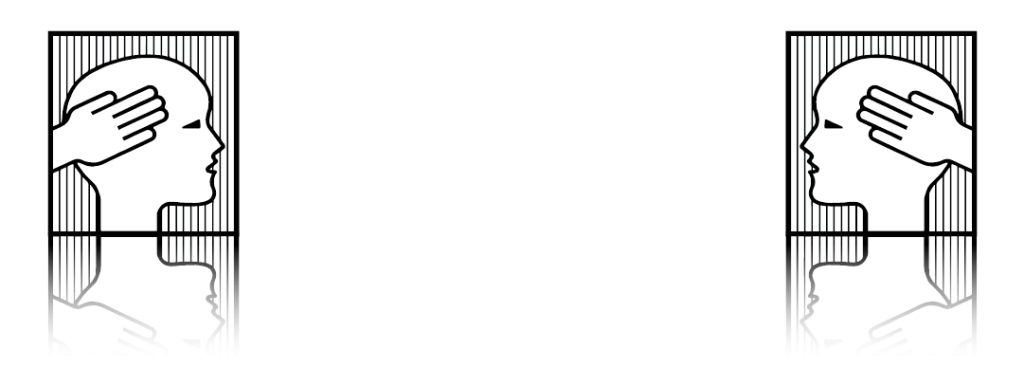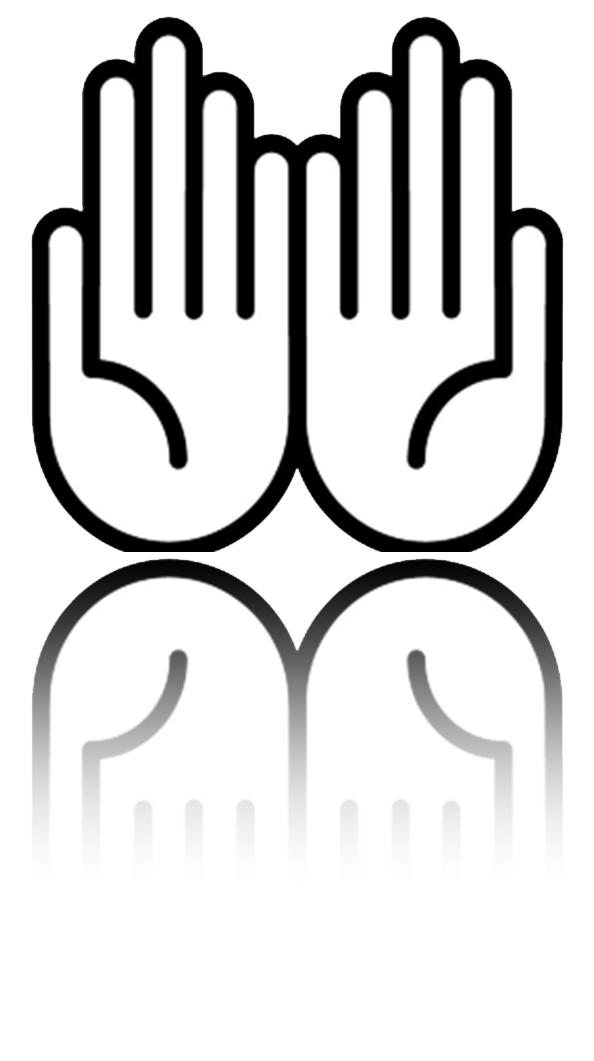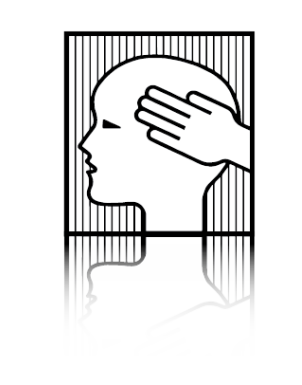Facial Development
Swallow and Breathe
…with Brahms
Waltz No. 3 in G-sharp minor
Johannes Brahms
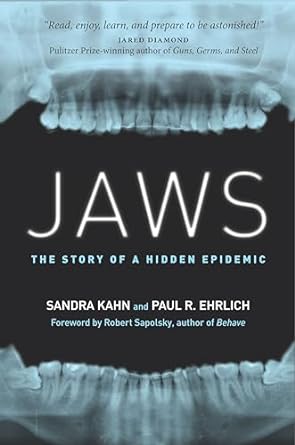
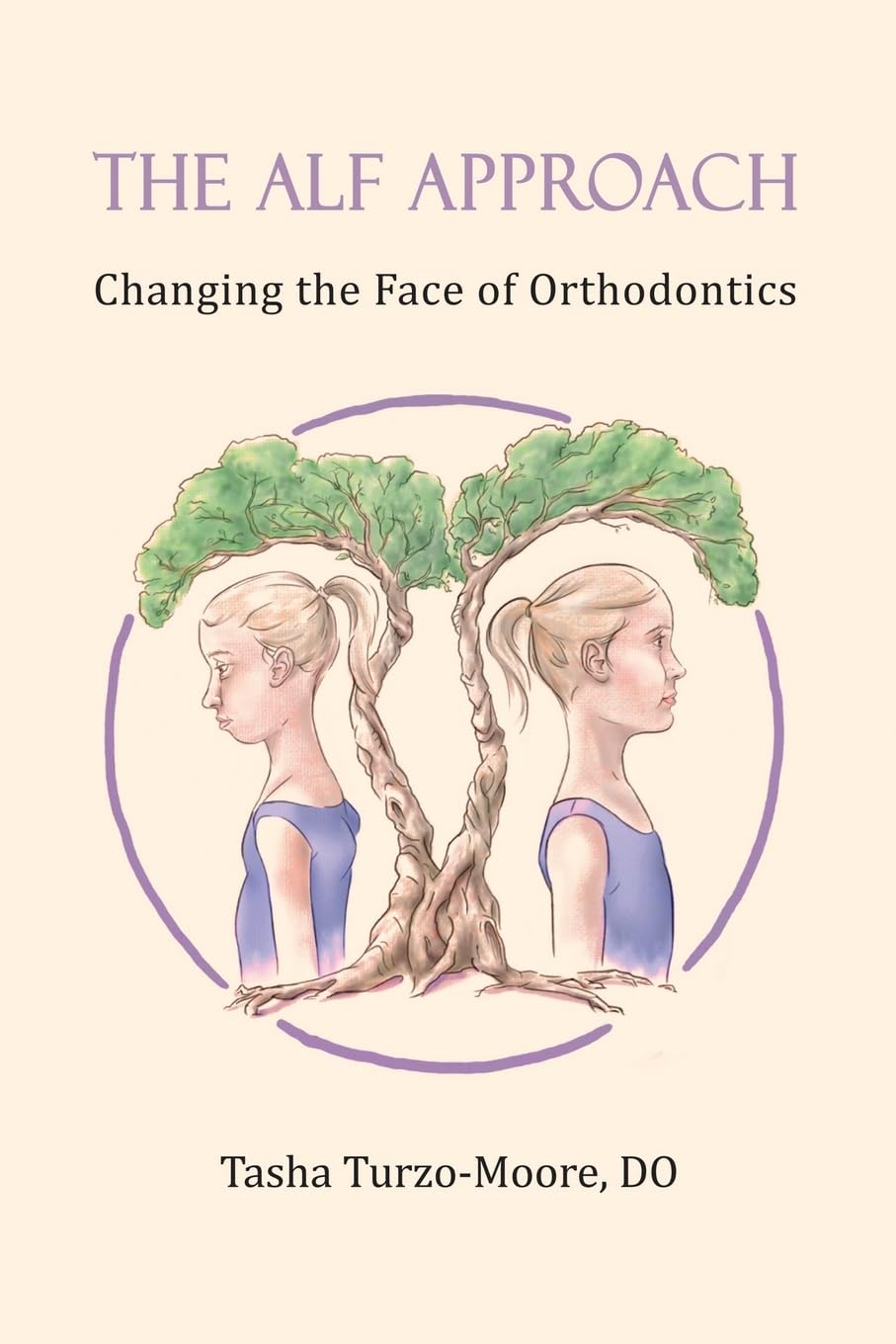
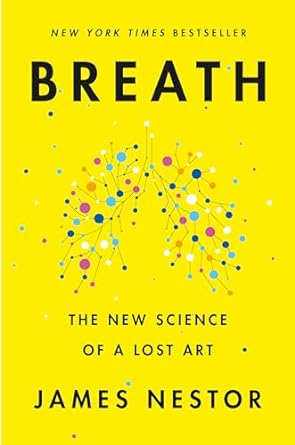
Evolutionary and Orthodontic Understanding
with Sandra Kahn and
Paul R. Ehrlich
Forwardontics
In recognition of John and Mike Mew and Orthotropics
Where is your tongue?
Swallowing Awareness
and Oral Posture
with exercises and devices.
….for young and old alike!
“A must read for every parent on this planet”.
Michael Gelb, DDS
Cause or Effect?
…the Whole-body OR only the Face
The ALF Approach,
Tasha Turzo-Moore, DO
treats the underlying causes
of misaligned teeth, jaw pain
and postural changes
…the ‘Why’ behind relapse
and need for retainers
to ‘retain the treatment’.
The Basis for Optimal Facial Form
and Dental Postural Health:
Resting Tongue Position,
Nasal Breathing, Chewing,
Functional Swallowing.
A ‘Forward’ Orthodontic Treatment
– Tongue Function
and Nasal Breathing –
‘Forward Orthodontic Treatment‘
– increases the airway
by augmentation of normal growth
and development of the face
with proper tongue position.
‘Retractive Orthodontics‘
– the more familiar braces that align teeth –
a pulling back of the upper and/or lower jaw.
CONSIDERATIONS
How birth trauma can influence
facial growth and malocclusions.
The interdependent connection between posture and dental occlusion.
What is osteopathic manual medicine
and who needs it?
What is oral myofunctional therapy
and who needs it?
A New York Times Bestseller
Named Best Book of 2020 by NPR
A Washington Post Notable Nonfiction Book of 2020
James Nestor and his best-seller
BREATH:
The New Science of a Lost Art
A good read for everyone
interested in improving
their quality of life.
Modern research is showing us that making even slight adjustments to the way we inhale and exhale
can jump-start athletic performance;
rejuvenate internal organs;
halt snoring, asthma,
and autoimmune disease;
and even straighten scoliotic spines.
The muddy digs of ancient burial sites, secret Soviet facilities, New Jersey choir schools, and the smoggy streets of São Paulo reveal amazing discoveries not found in pulmonology labs.
BREATHE
Personally, I prefer a 3/4 meter, hence a Brahms Waltz
(all waltzes are in 3/4 meter).
The inhalation of 3 beats or phrases and
the exhalation of 6 beats or phrases works well for me.
Walking with rhythmic breathing is best with the beat of the music.
Sitting, reclining or slow movement initiates a longer breathing with the musical phrase.
I have discovered that Breathing with Brahms
(or music of your choice)
generates another dynamic
… Rhythmic Entrainment …
– the hearing of ‘silent music’ that can replace and override thought –
and thus can spontaneously set rhythmic breathing in motion.
This can initiate an interesting phenomenon
during meditation, contemplation, silence, and/or mindfulness.
As the ebb and flow of thinking is altered and silence emerges,
awareness of the ‘rhythmic’ breath and ‘silent’ music come and go.
..a gentle releasing of thought replaced by a soothing awareness of melody and breath
coming and going within the stillness and the silence.
As a piano teacher, I have also discovered another advantage
when practicing a piece of music.
The silent hearing of your music endeavor in process
can and will spontaneously override and replace thought.
In waking or in drifting to sleep, the music within your inner hearing,
replaces ‘monkey chatter and wandering thoughts’…
or appears spontaneously during your waking hours,
gently rising into the surface of your consciousness.
Stress reducer personified.
A reason to learn to play the piano!
SWALLOW
To Be Continued
